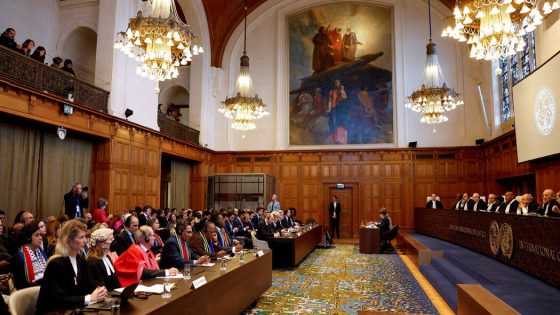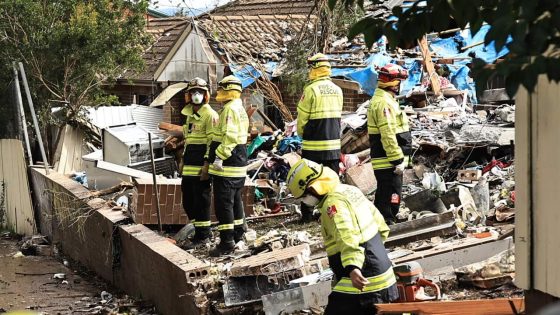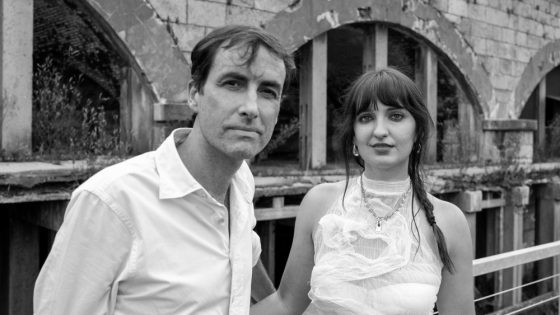South Africa has asked the United Nations’ highest court to issue emergency orders for Israel to stop what it called the “genocidal starvation” of the Palestinian people, citing U.N. warnings that Gaza was at risk of imminent famine.
The request on Wednesday to the International Court of Justice in The Hague was part of a case that South Africa filed in December charging Israel with genocide against Palestinians in Gaza. Israel has strenuously denied the genocide allegation, and on Thursday its foreign ministry called on the court to reject South Africa’s latest request.
“South Africa continues to act as the legal arm of Hamas in an attempt to undermine Israel’s inherent right to defend itself and its citizens, and to release all of the hostages,” Lior Haiat, a spokesman for Israel’s Foreign Ministry, said on social media.
It was not immediately clear when the court would respond to the request. In January, in an initial ruling in the broader genocide case, the court ordered that Israel should act to prevent its troops from committing genocide in Gaza and to increase the amount of humanitarian aid reaching the territory’s civilians.
Last month, South Africa asked the court to issue an emergency order to stop Israel from sending troops into the southern Gaza city of Rafah. The court did not do so, but said Israel must abide by its initial order to prevent genocide.
The judges of the World Court, as it is also known, have not ruled on the core question of whether a genocide is taking place in Gaza, a complex charge that they are likely to take months or years to decide. For now, they have ordered a series of measures, which amount to temporary injunctions, aimed at protecting Palestinian civilians because they found the dangers of genocide “plausible.”
The genocide case has thrust the usually slow-moving court into the global spotlight, setting it up as a platform for tense arguments and disputes over Israel’s war in Gaza. Despite the symbolic weight of the allegations before it, the court, which settles disputes between U.N. member states, does not have any means of forcing Israel to comply with its orders.
In its request on Wednesday, South Africa accused Israel of causing widespread hunger and near-famine conditions across Gaza. Health authorities there say that children are dying daily of malnutrition and dehydration, and aid groups say people are hungry enough to resort to eating leaves, donkey feed and food scraps.
“Palestinian children are starving to death as a direct result of the deliberate acts and omissions of Israel — in violation of the Genocide Convention and of the court’s order,” lawyers for South Africa wrote in the filing.
For months, international observers and aid groups have been warning that Gaza’s 2.2 million civilians are facing starvation amid acute shortages of food and water. Distributing the limited supplies inside the territory has become more challenging, with the destruction of infrastructure and increasing lawlessness as desperate people loot aid convoys.
In asking the court to intervene, South Africa pointed to last week’s aid delivery in northern Gaza that turned deadly, and Israel’s efforts to discredit UNRWA, the main U.N. agency providing assistance for Palestinian refugees. South Africa said that the humanitarian situation in Gaza had rapidly deteriorated in the weeks since the court declined to issue an emergency order to stop a possible Israeli advance into Rafah. At that time, the court said the “perilous situation” across Gaza required Israel to comply with its order to avert genocide.
“The situation then ‘perilous’ is now so terrifying as to be unspeakable,” South Africa said in the filing.
Adam Sella contributed reporting.
Source Agencies




